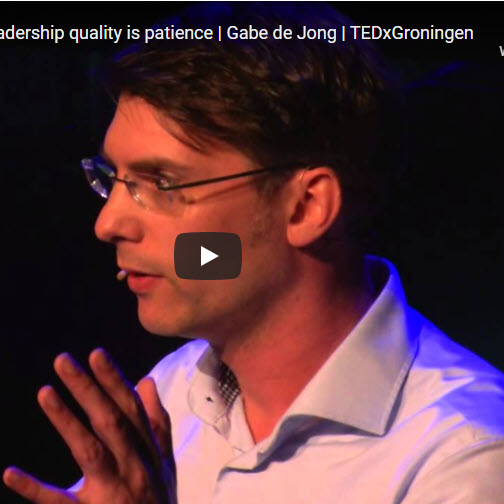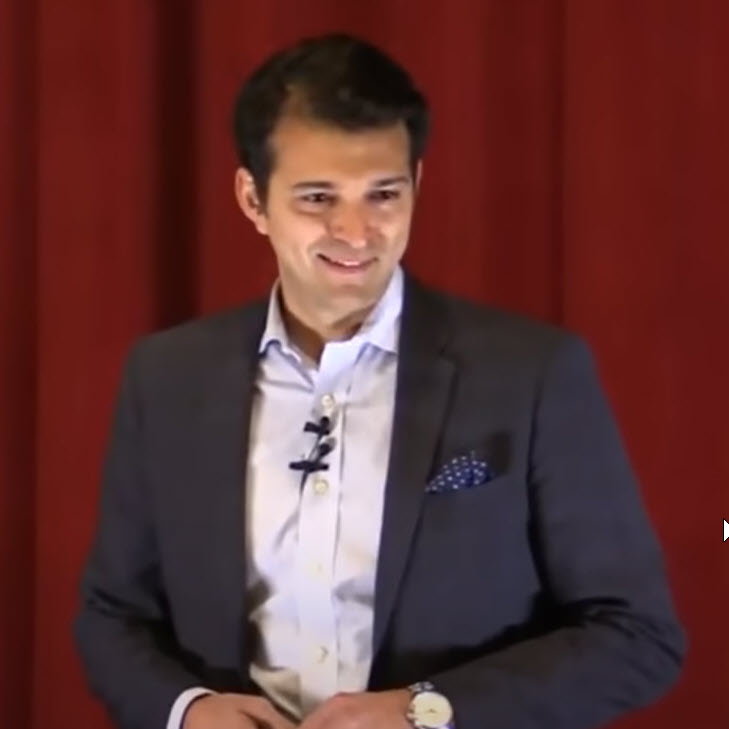Emotional Intelligence (EQ) is your ability to recognize your emotions, recognize the emotions of others, and use this awareness to develop your behaviour and relationships.
It’s also one of the defining characteristics of success in the workplace.
Reason #1: EQ helps you process your emotions. Your brain is designed to prioritize emotions. Therefore, before you can have rational thought, you have to process your feelings. Though many of your emotional responses may seem minor, they’re important because these reactions develop patterns of behaviour.
Reason #2: EQ helps you manage triggers. Triggers are events that produce a significant emotional response. Triggers can cloud your judgment and prevent your rational brain from informing your decisions. High EQ skills allow you to recognize your triggers and avoid or effectively handle them.
Reason #3: EQ helps you control your thoughts and develop healthy habits. You don’t have direct control over your emotions, especially when something triggers them. However, you do have control over your thoughts. You can calm yourself down and handle your emotions by thinking about perspective, timing, and other EQ skills.
Reason #4: EQ helps you succeed. High EQ develops skills that directly correlate to success, such as navigating complex situations and keeping calm under pressure. One study found that:
You can develop a high EQ by developing the four pillars of emotional intelligence: self-awareness, self-management, social awareness, and relationship management.
Self-awareness is your ability to identify your emotions as they occur and recognize your tendencies during different scenarios.
People with high levels of self-awareness:
Tactic #2: Find the reason behind your emotion. Emotions act as a guide, pointing out things in your psyche or surroundings that you may not recognize otherwise. Assess why you're feeling what you're feeling. This helps you resolve any problems or tensions that are causing unwanted feelings.
For example, you feel unfulfilled in your career but don’t want to deal with that emotion, so you try to push your feelings away by relying on constant external validation to provide you with fulfillment. Though this validation may give you a temporary reprieve, it doesn’t get to the core of why you feel the way you do. It essentially puts a band-aid over a deeper emotional wound that you need to eventually deal with.
Tactic #4: Don’t identify your emotions as “good” or “bad.” Emotions aren’t “good” or “bad.” Judging a feeling only puts more emotions (such as shame or pride) on top of that feeling. This keeps your original emotion from developing and muddies your current emotional state.
Tactic #5: Know your triggers. Everyone has people and behaviours that push their buttons. Knowing what triggers you allows you to strategize for those situations. Be specific when noting your triggers. Identify people, activities, and environments that irk you. Then, mentally prepare yourself for the situation.
Tactic #6: Be specific about the message you send to the world. The clothes you wear, your physical demeanour, and your facial expressions all send specific messages and usually reflect your internal emotions. Understand the message your demeanour and appearance sends. This will help you understand why people interact with you the way that they do.
For example, if you go to work wearing dirty clothes and unkempt hair, people may assume that you don’t take your job seriously. For another example, if you don’t talk to anyone in your office throughout the workday, people may assume that you don’t want to be there.
Tactic #7: Invite feedback. When it comes to examining your behaviour, you're inherently biased. Reach out to other people to get a truly objective picture of yourself and the ways you respond to certain situations or people.

Before building your network, it is essential to realise that you are only looking for 5 people who see the value of building their...

Gabe de Jong was born and raised in Groningen. He studied business IT and holds a master's degree in change management. After a decade...

You cannot solve today's time management problems with yesterday's time management. What we've noticed is the emergence of a new type of thinker. Somebody...